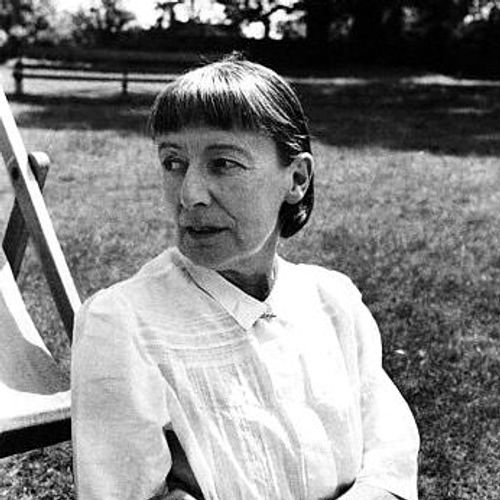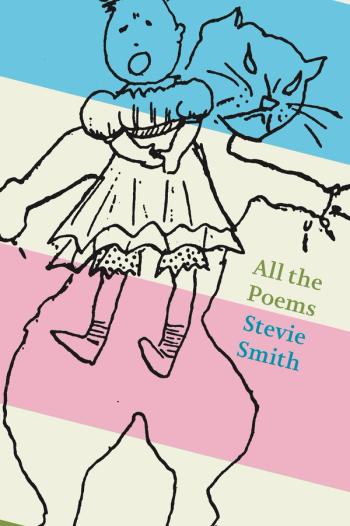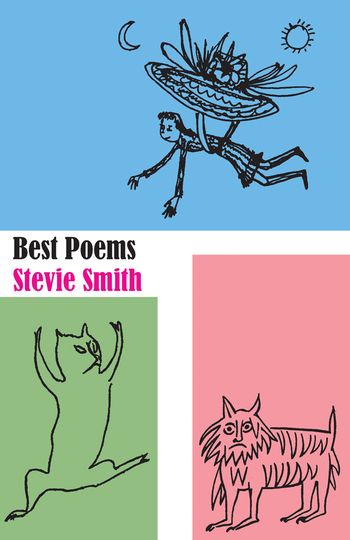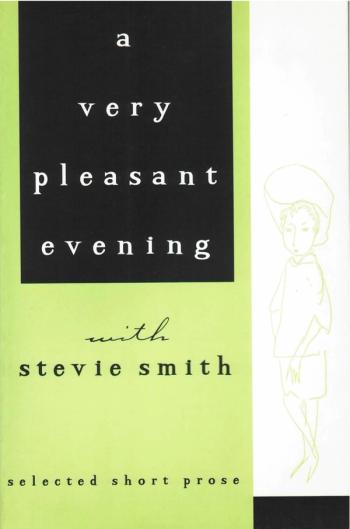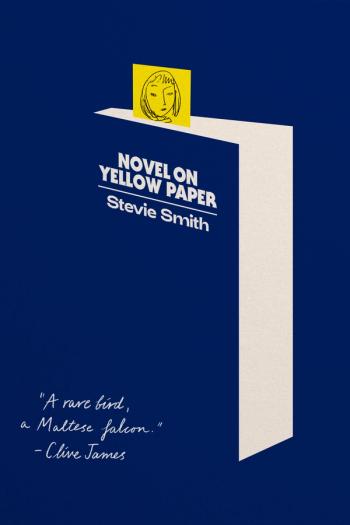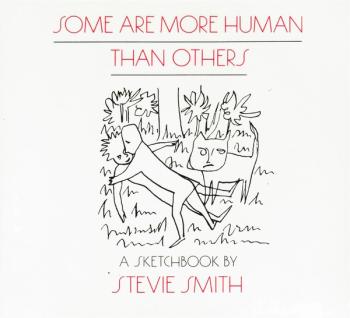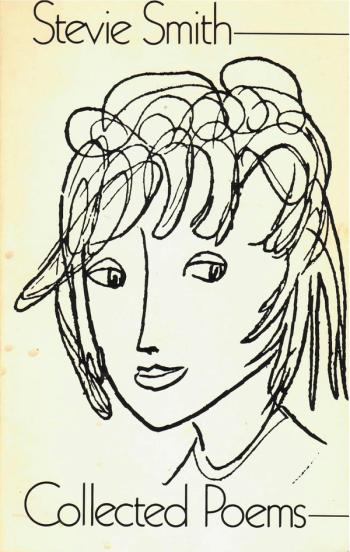Stevie Smith
Stevie Smith (1902-1971) was born in Hull, England, but when she was three she moved with her parents and sister to Avondale Road in Palmers Green—an address now immortalized in her own writings, the Hugh Whitmore stage play, Stevie, and its highly acclaimed film version, starring Glenda Jackson. Here she stayed for over sixty years, after her parents’ death living with and devoted to her beloved “Lion Aunt.” Born Florence Margaret, nicknamed Stevie after Steve Donghue the jockey, she first attempted to publish her poems in 1935 but was told to “go away and write a novel.” Novel on Yellow Paper was the result. This and her first volume of poems (often illustrated) established her reputation as a unique poetic talent. New Directions also publishes her Collected Poems, New Selected Poems, and Some are More Human Than Others.
